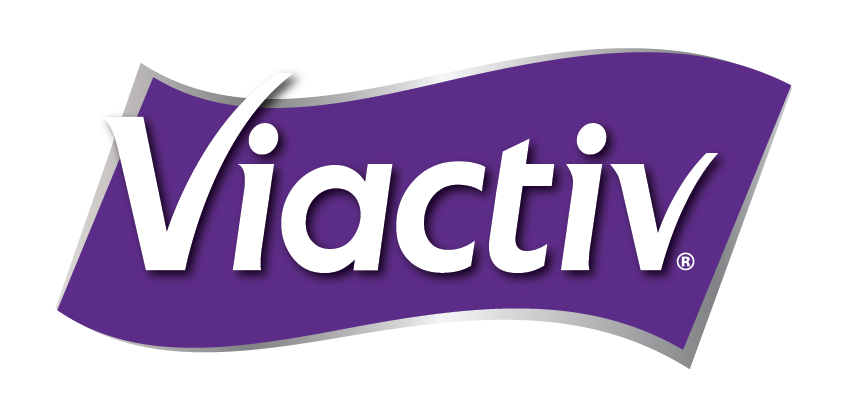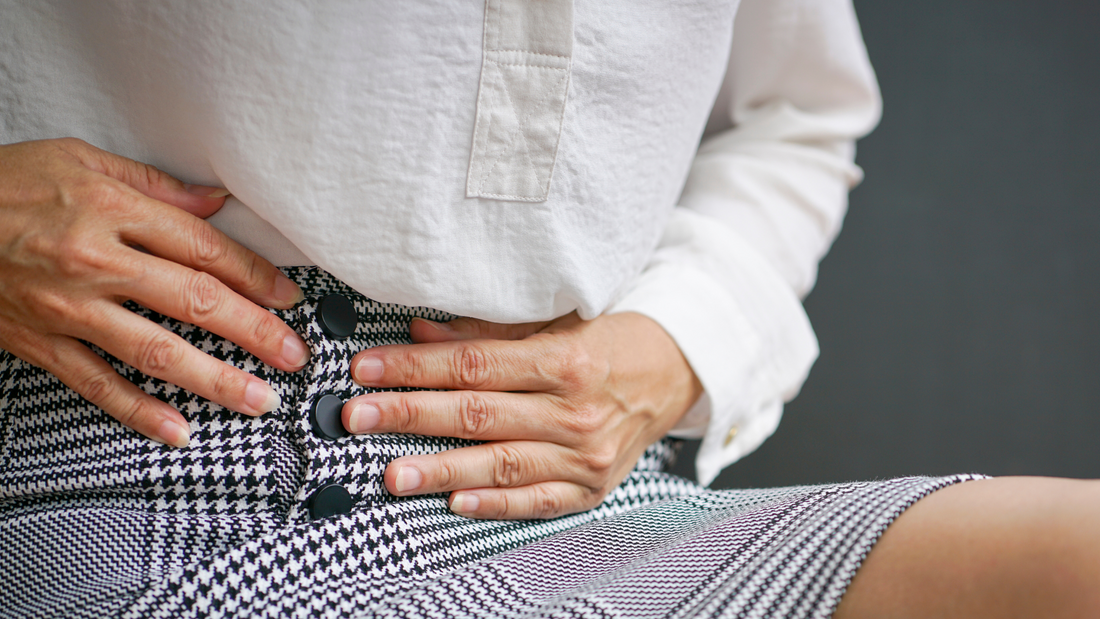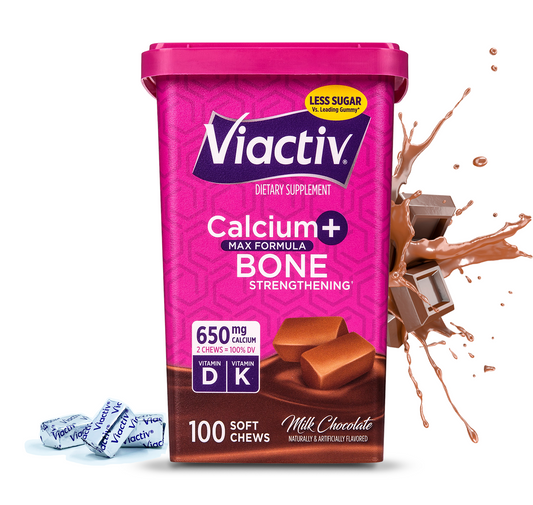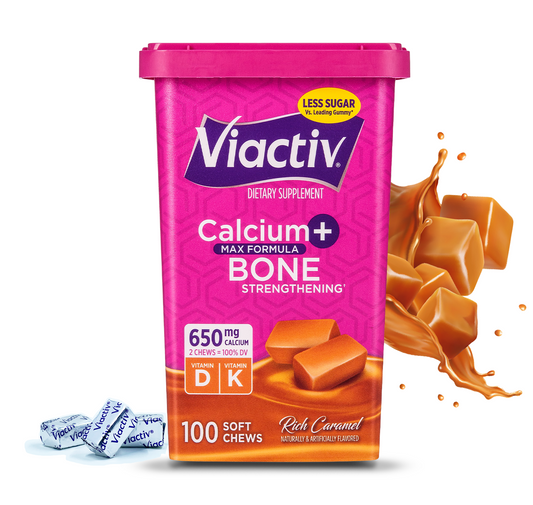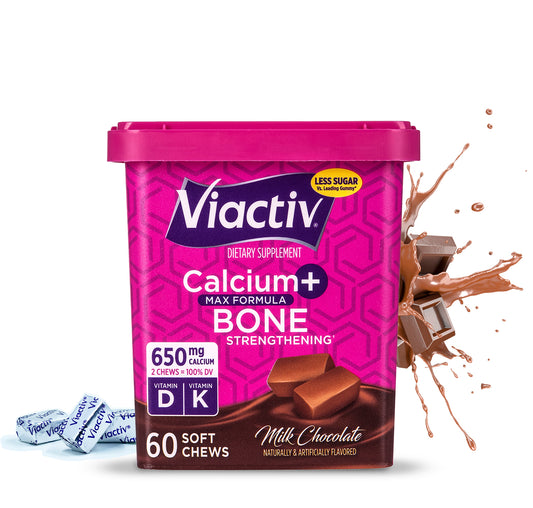Gastric Bypass surgery changes a person’s digestion and limits the amount of nutrients their body receives, even when following a healthy diet. Once the procedure is complete, one may need to take daily vitamin and mineral supplements to help ensure they’re getting enough essential nutrients.
How Much Is Enough?

The Mayo Clinic recommends 1,200–1,500 milligrams of calcium per day after gastric bypass surgery. Calcium consumed from foods like milk, spinach, and cheese counts towards this daily goal; however, after gastric bypass surgery, the body is only able to absorb 500–600 milligrams of calcium at one time. So, to enhance calcium absorption, some doctors recommend patients take a calcium supplement in addition to a diet rich in calcium, divided into three doses throughout the day. It is important that your calcium and vitamin d levels are optimum pre-surgery as there is an increased risk of becoming deficient in these nutrients after surgery. In fact, after two years, research shows that calcium deficiency develops in up to 50% of patients that have undergone gastric bypass.
Viactiv: Where Tasty Meets Healthy

Viactiv calcium soft chews are made with 650mg of calcium carbonate which has a higher concentration of elemental calcium than calcium citrate. Calcium carbonate is absorbed best when taken with food. Viactiv soft chews also contain 500IU of Vitamin D which is necessary for the body to absorb calcium. Lifelong adherence to dietary calcium and vitamin D is very important to maintain calcium levels post gastric bypass surgery.
